(ThyBlackMan.com) A Presidential candidate’s pick for his vice-presidential running mate has been the butt of endless jokes, ribs, and wisecracks. The ridicule of the vice presidency got even worse when vice presidential candidates debated. A Gallup poll measured the impact of VP debates between 1976 and 2008. It found that their debates had absolutely no impact in boosting the stock of the presidential standard bearer. The debates were so much an afterthought in the presidential campaigns that it took decades for their debates to get any real public attention. Those debates were a one-shot deal that garnered poor ratings. That changed in 2008 in the VP debate between GOP VP contender Sarah Palin and Democratic VP contender Joe Biden. Nearly 70 million viewers tuned in.
The heightened public interest in their debate could be chalked up in part to the history making candidacy of then presidential candidate Barack Obama. And in greater part to the kooky candidacy of Palin. People didn’t tune in expecting to hear any substantive talk of the issues. As vice-president they would not be implementing those policies. That’s the job of their boss. The debate was simply a curiosity item and good theater.
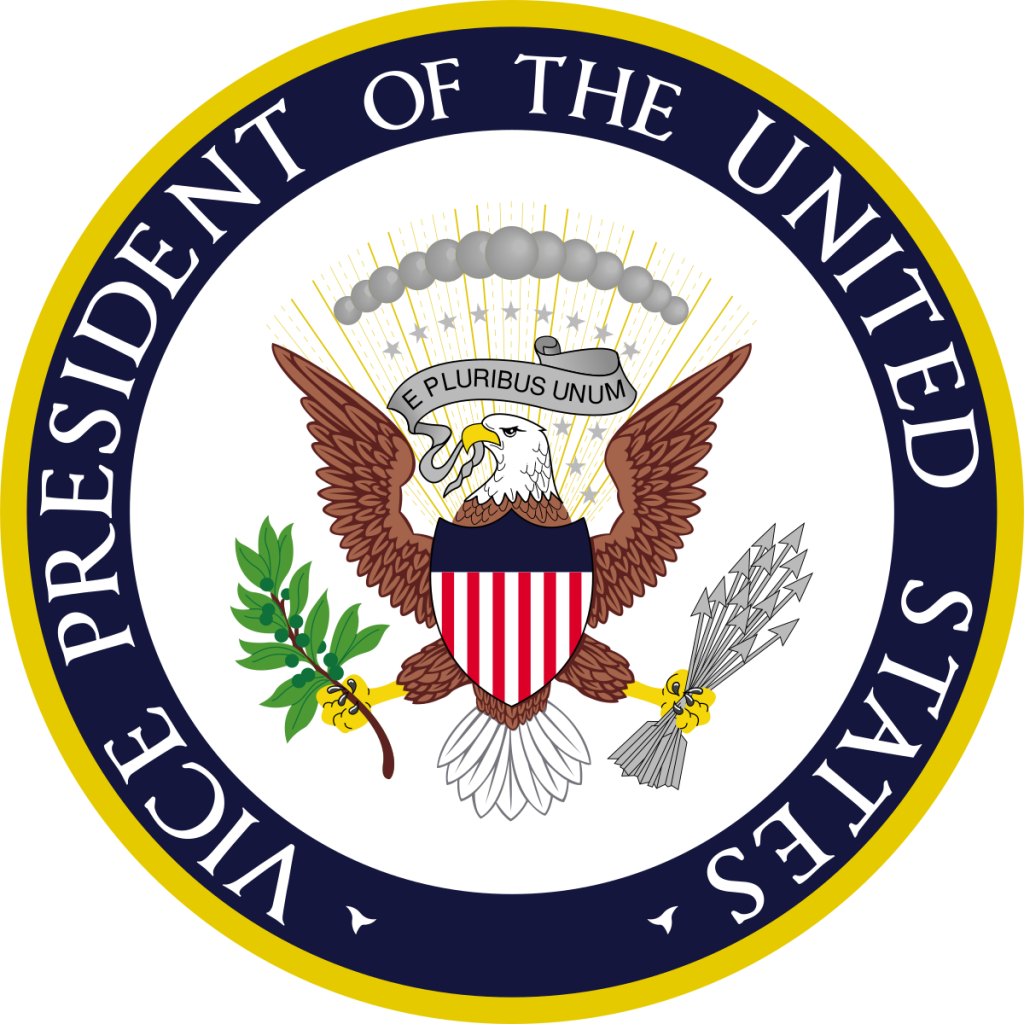
But beyond a VP debate, that still leaves the dangling question whether VPs really do count for much in the larger political equation. In the past, no. Voters don’t vote for VPs they vote for presidents first and foremost. Most know that a VP does not make policy, if lucky maybe consulted on a policy question, and certainly does almost nothing to implement it. It’s not exactly a ceremonial position but other than stepping in in the event of a catastrophic illness or death of a president, it’s not far from that.
The one exception to the perceived irrelevancy off the vice presidency is the issue of regional or ideological ticket balancing. The 1960 election was a near textbook example of that. That year John F. Kennedy picked Lyndon Johnson as his running mate. Kennedy was a moderate, wealthy, erudite, Massachusetts senator who needed the southerner Johnson to assure the popular and electoral votes of the South. Since then presidential candidates have carefully picked their running mates for balance on gender, region, and age.
In 2016 the challenge for Trump and Hillary Clinton was to find a running mate who had few negatives, was a solid party insider, were fairly young, and as an added boost who were widely regarded as good governors and good administrators. The youth and good administrative skills factors were crucial since Clinton and Trump were at or near age 70 and would be nearing 80 if they got two terms in the Oval Office. If there was a health challenge to either one in office, voters would want assurance that a vice president would be able to hit the ground running at the top if that happened. Donald Trump had a special need for a VP pick regarded as a reliable party insider with a stable image.
These were the two qualities Donald Trump didn’t have. The anti-party, anti-political establishment maverick outsider image served him well with legions of voters mad at and frustrated over corporate special interest, clubby beltway politics. But he also sent chills up the backs of that establishment. Mike Pence was his answer to calm those fears.
In 2020, Trump still has Pence. Joe Biden’s VP dilemma is wildly different. He is everything that Trump wasn’t and still isn’t. That’s moderate, is widely respected, and is the consummate political insider. There’s a double-edged sword to this. He also heads a party that is deeply divided ideologically with legions of big, loud, and demanding, progressives. Their view of Biden runs the gamut from suspicion to outright hostility. There are also the Black voters. Biden gets rock solid support from older Black voters. But many younger Black voters aren’t so sure. Biden must have as many Black and progressive voters as he can get behind him to win. The lesson of Clinton in 2016 is a cautionary note. Any drop in backing from Blacks and progressives in a close run up election can be politically fatal.
Joe Biden added drama to the search for the VP by pledging that it had to be a woman. Blacks promptly double downed on this by demanding it be a Black woman. If that’s not enough, given Biden’s age, yet one more stipulation is that she must be able to immediately step into the presidency if anything happens to him. That’s a lot to dump on the back of a vice president.
For both Biden and Trump the single biggest asset that a VP pick brings to any presidential table is that he or she can turn on more voters than their potential boss can or has turned off no matter what part of the country they hail from, their gender, or their rank in the party.
The VP then must be more than someone who won’t harm the ticket but someone who will help the ticket win. The only way that can be done is for both to be showpieces for the qualities that many voters think Trump and Biden sorely lack.
Written By Earl Ofari Hutchinson
One can find more info about Mr. Hutchinson over at the following site; TheHutchinson Report.
Also feel free to connect with him through twitter; http://twitter.com/earlhutchins
He is also an associate editor of New America Media. His forthcoming book is From King to Obama: Witness to a Turbulent History (Middle Passage Press).
















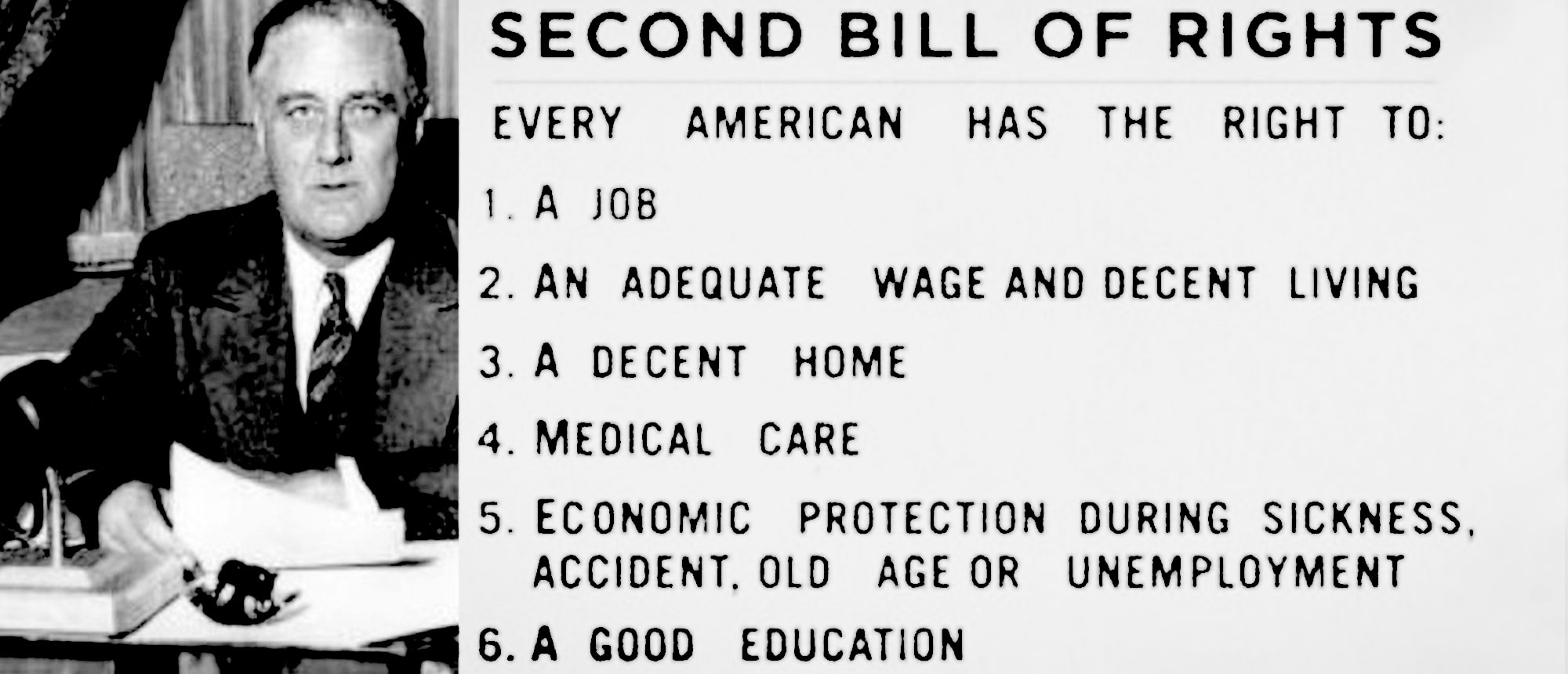
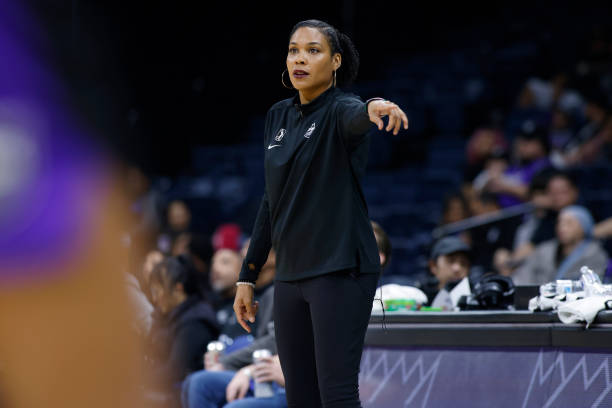
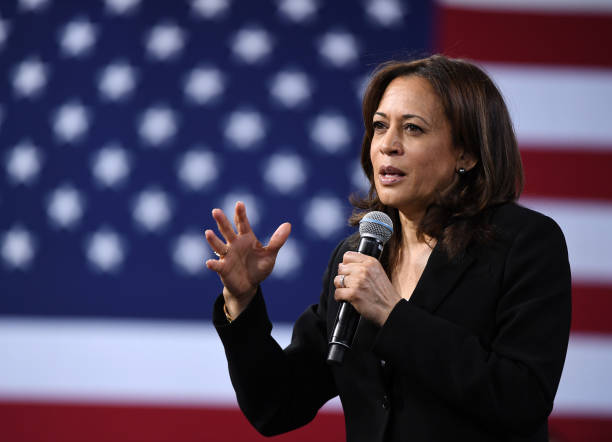
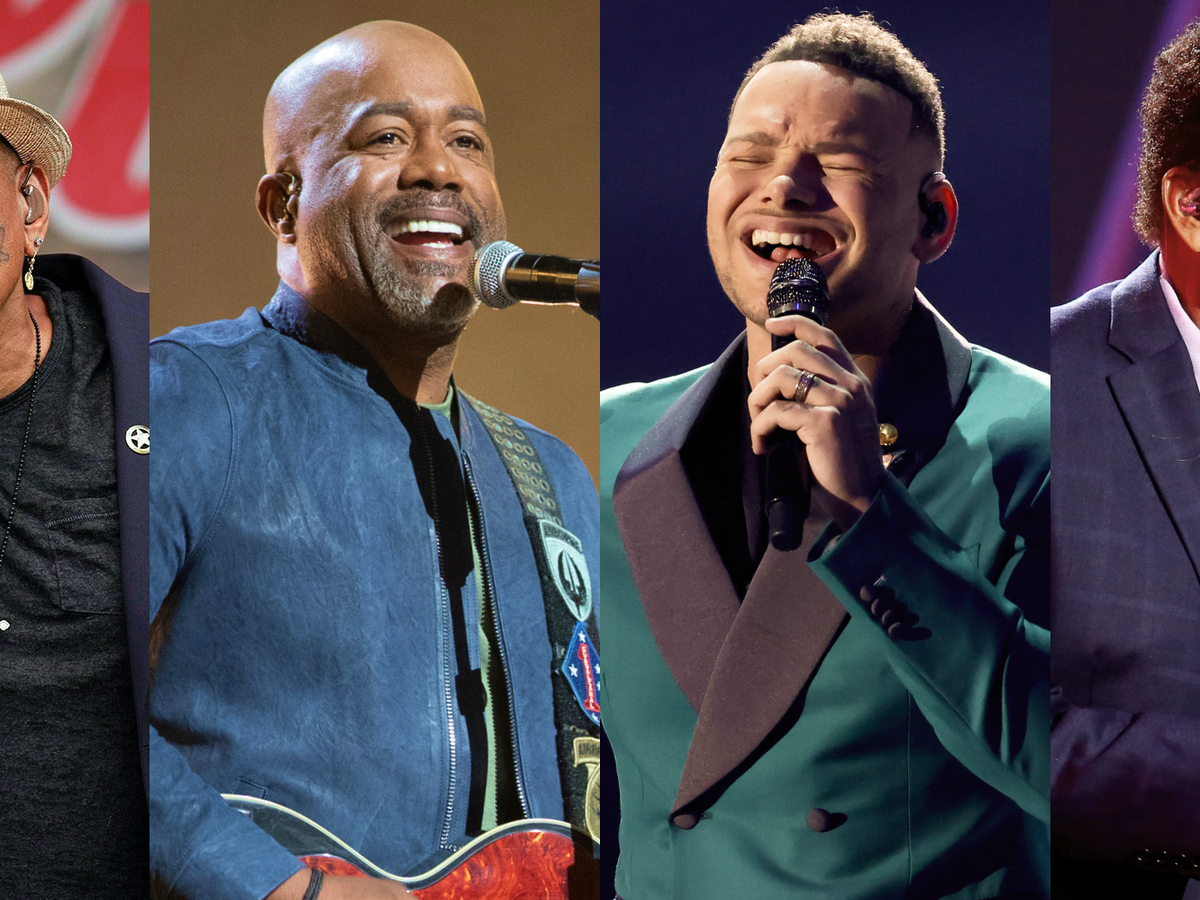
Leave a Reply